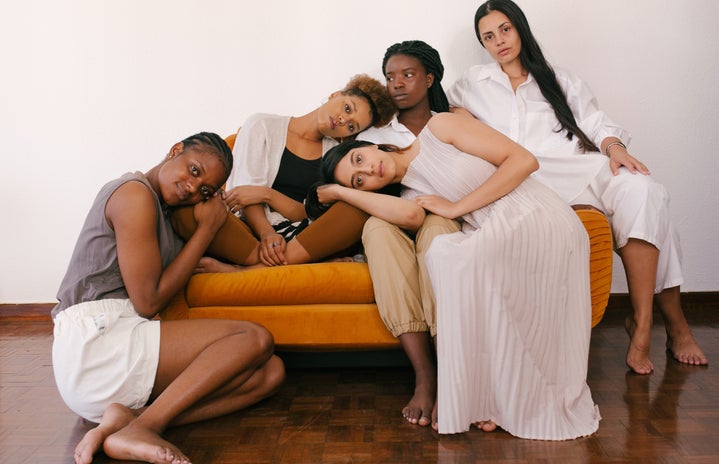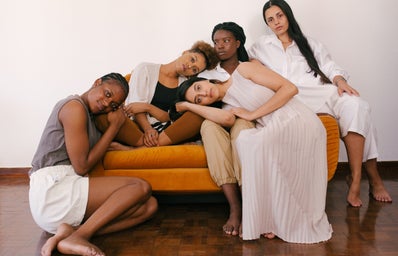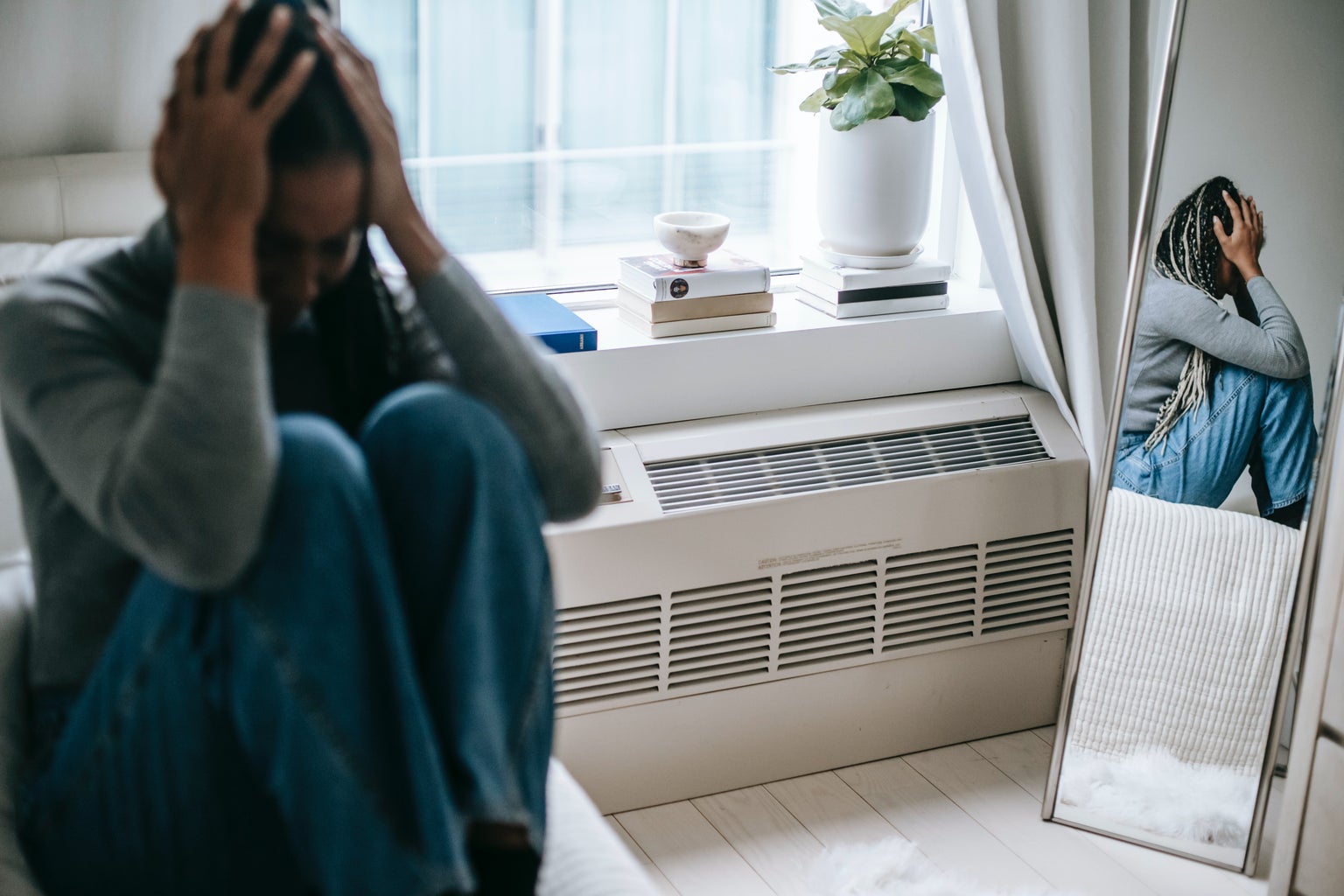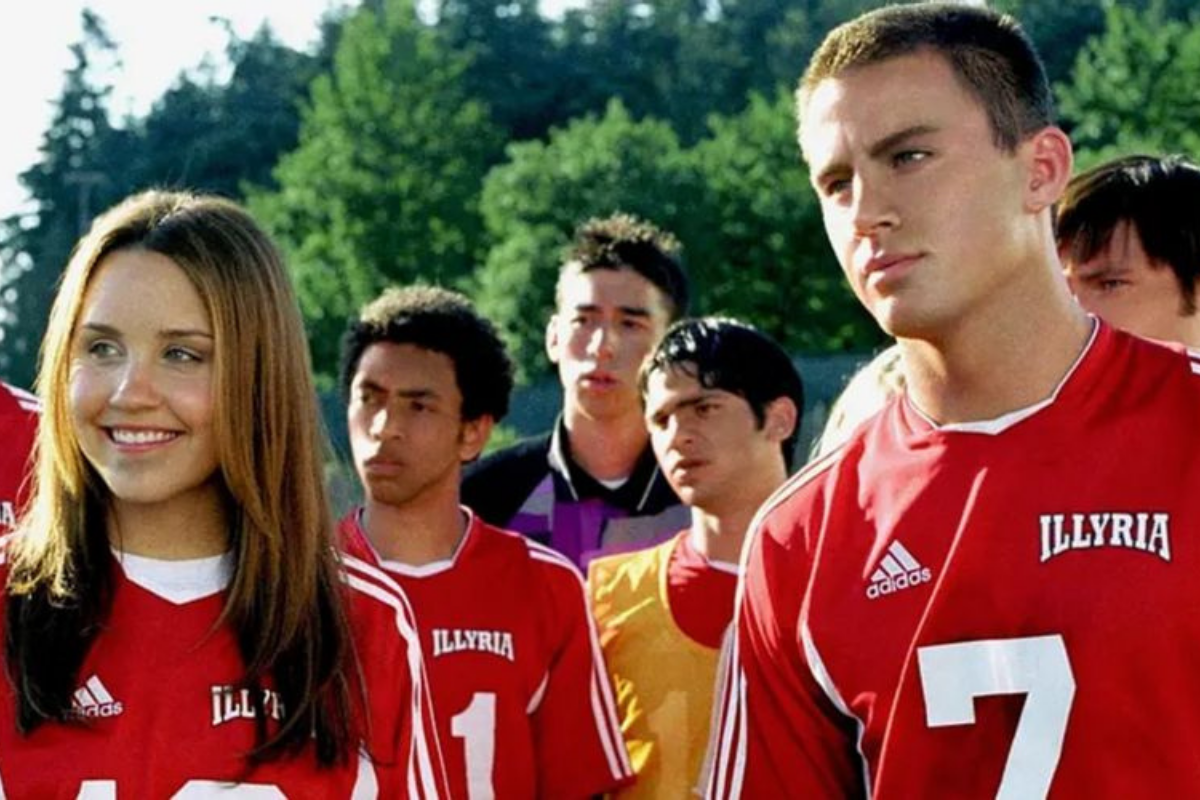Disclaimer: This article uses gender-binary language and discusses eating habits from online influences. I recognize that gender is a very nuanced subject and is not just about male/female and boy/girl. In the context of this article, I refer to my past, when I did not have a deep understanding of gender and sexuality. If I were to be reflecting on my choices today, my language and jargon would be very different.
I’m a very lucky person. I have a group of girls in my life who mean so much to me. Recently moving away from my hometown for the first time opened my eyes to how beautiful girl friendships can be. I didn’t put any effort into these friendships growing up because I didn’t think they meant much in the long run. Making new friends has changed my life for the better, given me a sense of community, and allowed me to reflect on my past decisions in a much more nuanced way.
Now, as the title says, I was a pick-me girl. I’m not proud of it, but I would like to think that it wasn’t my fault—at least, not entirely. Sure, I nurtured the fire, but I most definitely did not spark the flame. I grew up in a very isolated group of people who were mostly guys. In my gifted program at school, the culture very much discouraged collaborating with the other streams of kids and encouraged sticking with the people whom you grew up with. I never needed to reach out to kids outside of the 30 that I knew and interacted with, and for the first eight years of my school life, I was socialized with the same 30 kids.
In case you didn’t know, angry, isolated boys + the internet = a not-so-great outcome. As the boys I knew grew older, I saw a slip down the pipeline that turned them into misogynists, and I became the butt of many jokes. Despite this, I still craved their attention and praise. If I reacted to a joke poorly, I was too sensitive and “such a woman.” So, I adjusted, as any person would under those circumstances. I let myself become the butt of the joke just to make some 13 to 15-year-old boys happy. With this contortion of my true feelings and reactions, I internalized all of their comments and accepted this treatment from the ages of 12-16—which are vital years in a person’s development.
I let my relationships with girls falter and simmer out as I chased male validation. I didn’t care what girls thought of me—in my eyes they were my competitors. I was the best girl because I was most like a boy. When girls reacted to my actions in a reciprocal way (hostile, mean, judgy), I played it off to be that they were just jealous and didn’t like me because I was one of the boys! I didn’t have a solid friend group in high school because I just adopted whichever friends my boyfriend had at the time.
If you knew me at ages 14-16, I’m so sorry. Boys were at the centre of my life. Everything I wore, how I acted, how I did my hair, I did for them. My choices were so heavily influenced by the male gaze that I didn’t know what I wanted, liked, or felt. I lost one of my best friends at the age of 15 because I let a boyfriend take over my life. I regret it so much and think my life would have been better if I had kept her in my life. I’ve also watched girls leave my life because they’ve gotten a new male partner and they make them the centre of their world. I always try to extend an understanding and non-judgmental arm out to those girls because I know I was in that position and it’s hard to see past the boy.
I was addicted to the Internet when I was around 12 years old, and if I could physically fight an app, it would be Tumblr. Tumblr introduced me to so many things that I cannot even stomach typing out. There were a lot of posts on how to change yourself to better suit your male crushes by losing weight, changing your hair, doing your makeup differently, and adopting “tips and tricks” to manipulate him into liking you. At that age, my brain was like putty: moulded by anything that could reach it. I internalized everything I consumed on that app. Unfortunately, that’s the reality for a lot of people who were online at a young age. I was pumped full of false information, images, quotes, videos, and commentary all about how females should be secondary to males. I wish I could go back in time and not experience it, but I probably would have been exposed to radical misogyny later in life anyway.
Now that I’m able to stand back and reflect on what I’ve been through, I can sincerely say that I’m proud of my journey. I’ve met a lot of other people who were socialized as women and experienced the same things as me. I’m so grateful for the fact that I’m not in the same place I was back then. The only good thing to come out of the pandemic for me was an isolated time where I could reflect, journal, and spend time with myself and my thoughts. My main goal when I moved to university was to make good girl friends. People with whom I wouldn’t compete. People I could genuinely appreciate and indulge in. Not that these kinds of people didn’t exist in my hometown or high school, but I couldn’t appreciate them for who they were because of my dynamic headspace. Thankfully, I’ve found that here. I can see and appreciate my friends’ intelligence, humour, beauty, charm, femininity, and love. Every day, I’m so lucky to wake up and be in a community that respects me for who I truly am. I love these girls so much even though I’ve only known them for two months.
It sounds unhinged, but I think my male-centred past has given me a deeper perspective. In the end, I maintain the stance that everything happens for a reason. I trusted my gut and was able to unwork the deep, DEEP internalized misogyny that had its claws in me. Challenge the things you think, be the questioner, and be your force.




